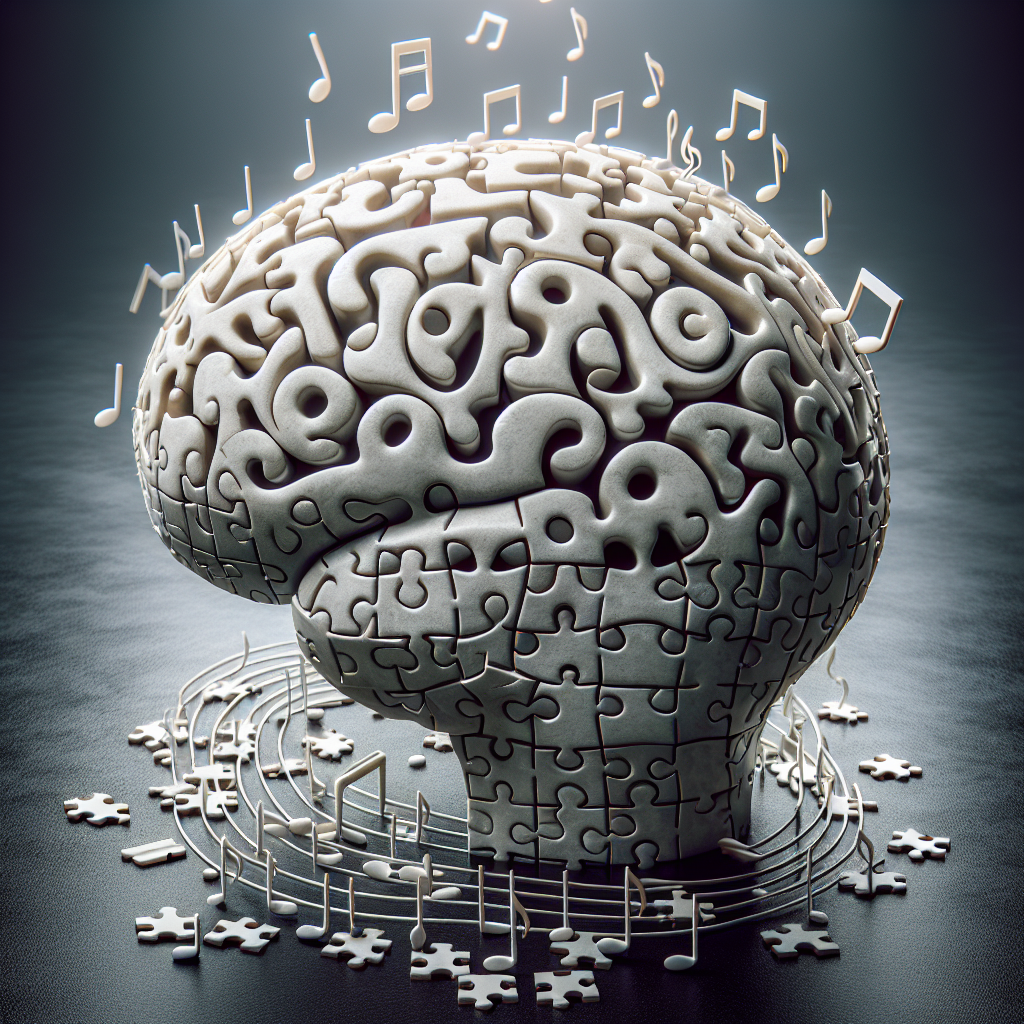Music is a universal language that transcends borders and cultures, possessing the unique ability to evoke a wide range of emotions and memories. What is less widely acknowledged, however, is music’s capability to play a significant role in the maintenance and enhancement of brain health. This article will explore the various ways music impacts cognitive functions, supports mental well-being, and can be utilized as a therapeutic tool for brain health.
Music as a Cognitive Stimulant
Music stimulates the brain in a holistic manner, engaging multiple areas responsible for processing sound, emotion, memory, and motor functions. Listening to music can increase the release of dopamine, a neurotransmitter associated with the reward system of the brain, which is why music often feels pleasurable (Neuroscience of Music – How Music Enhances Learning Through Neuroplasticity). Moreover, playing an instrument is an intricate exercise in brain function, requiring fine motor skills, coordination, and cognitive multitasking. This form of mental workout promotes neuroplasticity – the brain’s ability to form and reorganize synaptic connections, especially in response to learning or experience.
Music and Memory
There is substantial evidence to suggest that music can significantly improve memory and cognitive performance. Familiar melodies can serve as mnemonic devices, aiding the recall of information. For those suffering from memory impairments, music can be a bridge to past experiences and emotions, as seen in the therapeutic use of music for patients with Alzheimer’s disease (Music and Memory in Alzheimer’s Disease). This is because music activates the hippocampus, the region of the brain associated with long-term memory storage.
For further reading on cognitive enhancement, consider the resource on The Benefits of Yoga for Cognitive Enhancement.
Music Therapy for Stress Reduction and Mental Health
Music therapy is an established health profession in which music is used within a therapeutic relationship to address physical, emotional, cognitive, and social needs of individuals. By facilitating relaxation and stress reduction, music can lower cortisol levels, thereby reducing the overall stress burden on the brain (Music Therapy and Stress Reduction Research). It can also be a powerful tool for managing symptoms of depression and anxiety.
For insights into brain health in our current era, visit Understanding the Risks of Brain Health in the Digital Age.
The Role of Music in Brain Rehabilitation
Music’s structured rhythmic patterns can aid in the rehabilitation of patients recovering from brain injuries or strokes. Rhythmic auditory stimulation, a technique used in neurologic music therapy, involves the use of rhythmic patterns to assist in the retraining of motor functions (Neurologic Music Therapy and Motor Rehabilitation). This method has shown promise in improving gait and arm strength in stroke survivors.
Music’s Impact on Brain Health Across the Lifespan
From infancy to old age, music is a constant companion that can stimulate brain development and support cognitive health. In early childhood, music can enhance language development and social skills. In adults, engaging with music by playing an instrument or singing in a choir has been linked to a reduced rate of cognitive decline.
For a deeper understanding of neurogenesis and its relationship with physical activity, the article Exploring the Link Between Exercise and Neurogenesis is an excellent resource.
Practical Applications of Music for Brain Health
-
Cognitive Enhancement: Incorporate music into your daily routine to enhance concentration and memory. Classical music, in particular, has been associated with improved spatial-temporal reasoning, known as the Mozart Effect (Study on the Mozart Effect).
-
Stress Relief: Create playlists with calming music to help manage stress and anxiety. The structure and predictability of music can provide a sense of security and comfort.
-
Therapeutic Use: Engage with music therapy programs to address specific mental health or cognitive challenges. A trained music therapist can tailor interventions to individual needs.
-
Rehabilitation: Use rhythmic patterns and melodies in conjunction with physical rehabilitation to improve motor control and coordination after a neurological event.
-
Lifestyle: Integrate active participation in music, such as learning a new instrument or singing, into your lifestyle to maintain cognitive function and delay the onset of age-related cognitive decline.
To further explore the connection between brain health and lifestyle choices, the article Strategies to Prevent Age-Related Cognitive Decline offers valuable insights.
Conclusion
The influence of music on brain health is multi-dimensional, offering cognitive, emotional, and therapeutic benefits. As we continue to unravel the complexities of the brain, the integration of music into our daily lives and medical practices could play a pivotal role in enhancing mental health and cognitive function. While music is not a panacea for all brain health issues, it is a readily accessible tool that can significantly contribute to overall brain wellness.
For those interested in comprehensive brain health strategies, the article Brain Health provides a wealth of knowledge on maintaining cognitive function and mental well-being.
Remember, music is not just sound to the ears; it’s a melody to the brain and a rhythm to the heart, harmonizing our entire being, both physically and mentally, in the symphony of life.
For more in-depth resources on topics related to brain health, consider exploring the following external resources:



